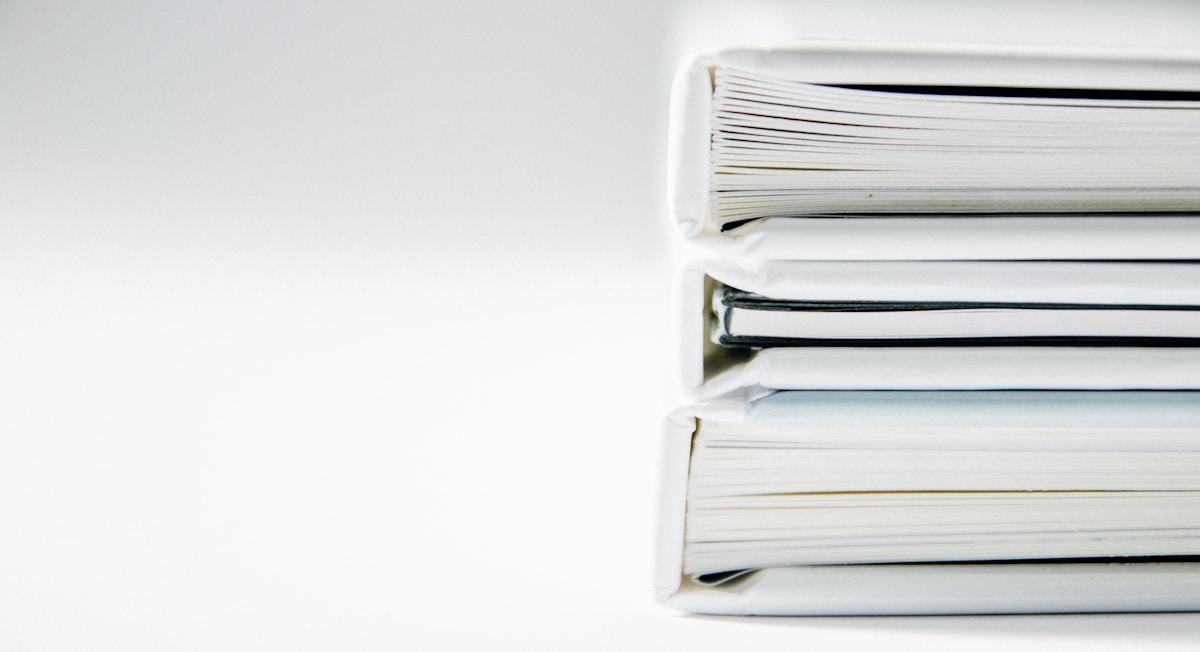What is the circular economy and why should you care?
Earlier this month, we cleared out a drawer and found a treasure trove of old electronic gadgets. Inside was a Kindle, three pocket cameras, three iPads, four iPhones, and three storage drives plus an assortment of worn-out cables, adaptors, and plugs.
Every time we came to retire an old device, instead of adding it to the landfill, the once-relied upon kit was placed in a plastic drawer to join its ancient companions. But what do you do with a bunch of outdated electronics?
Instead of throwing away your old devices, the circular economy strives to keep them in use and out of landfills.
As an example of the circular economy working on a micro-scale in Hong Kong, there are dozens of owner-operated second-hand phone shops and stalls that take old gear, patch it up and resell it.
Unless, that is, the device is so old, there is no resale value and you're stuck with an old bit of kit doomed to the drawer where devices go to die. But not in a landfill, so there's that.
The circular economy (CE) is about reusing, recycling, and waste reduction with the ultimate goal of keeping products and materials at their highest utility and value at all times. CE has gained traction in recent years as more companies are looking for ways to be sustainable because there are benefits for businesses and the environment alike. There is also the prospect of policies and regulations being introduced to force CE change.
In this blog post, we'll take a closer look at what the circular economy is, why you should care about it and how public relations can be used to support your circular economy goals.

What is the circular economy?
As we mentioned, it is an approach to business that focuses on reducing waste and environmental impact. This means thinking about how products are designed, manufactured, used, and what the end of life entails.
Instead of sending old products, packaging, and other materials to landfills, businesses operating under a circular economy model aim to keep them in use for as long as possible. Once the product reaches the end of their useful life, they are recycled or reused instead of being thrown away.
There are many benefits to this approach, both for businesses and the environment.
From a business perspective, the circular economy can lead to cost savings by reducing waste, extending the life of products, and increasing resource efficiency. It can also create new revenuestreams from selling recycled materials or offering repair and reuse services.
Although this will take investment and require legislation to drag/force businesses into the CE.
From an environmental perspective, the circular economy can help to reduce greenhouse gas emissions, conserve resources, and reduce pollution.

Why Should You Care?
Because regulation and policies are coming that will change how businesses procure materials, design products, andoperate. This is further reinforced by consumers demanding change and circular economy initiatives gaining momentum.
The European Commission adopted the EU's Circular Economy Action Plan in March 2020 which is part of the EU's agenda for sustainable growth.
China shocked the world when it announced in 2017 that it was stopping the import of plastic waste. This decision forced countries to rethink how they disposed of waste or, try and offload to other countries.
What's interesting about China is they have made the circular economy a major strategy for the country and made waste recycling a priority. This article from 6 April 2022 in the South China Morning Post shows the scale of electronic waste in China and the issue at large.
6 Blocks to the Three Rs
When it comes to recycling, reusing, and reducing, there are various 'blocks' - both mentally and physically - that do little to halt our reliance on the throwaway culture.
These are:
1) Aesthetics: we live in a world that is driven by trends and the need to have the latest products. This means that as soon as something goes out of fashion, we throw it away and buy something new, even if the item we're replacing is still perfectly functional.
2) Cost: Products are cheaper to buy than repair or recycle an old one. The same goes for convenience, it's simply easier to buy a new product and make the effort to get it fixed.
3) Lack of Knowledge: many people simply don't know how to recycle or reuse items, and so they end up in the bin.
4) Lack of Infrastructure: Even if people want to do the right thing, they don't have the means to do so.
5) Perception: Humans are programmed to believe that anything second-hand is inferior.
6) Not My Problem: There is a general sense that the problem of waste is someone else's responsibility.
These are just some of the reasons why the circular economy is so important. By breaking down these barriers and making it easier for people to recycle, reuse, and repair items, the quicker we can move toward a more sustainable future.

How can public relations help?
From a business perspective, PR can help enterprises communicate their circular economy credentials to key audiences, and position them as leaders helping to increase brand trust, and loyalty, and even increase sales.
In addition, circular economy PR campaigns can help to engage employees and other stakeholders in the shift towards more sustainable business practices. Whether it's about being green, sustainability, climate change, or the environment these are all important issues that people care about and want to see companies taking action on.
This is nothing new per se, about the circular economy. What is new is the increased focus on sustainable business practices. While public relations has always been about communicating, CE adds another dimension to how these messages can be communicated.
Especially as China, EU countries and others start to roll out policies and regulations that favour circular economy businesses. Those enterprises that can communicate their circular credentials now are likely to reap the rewards in the future.
While we can certainly communicate your circular economy initiatives, practices, and policies to the public, the actual road to transition may be more complicated.
PR does have to play in helping enterprises communicate their CE transition or plans. Something we can explain more at Rethink 2022 where we will have a stand (at No.8 of course).
[For more information about the circular economy, see Wikipedia or be shocked and awed by reading both of Adam Minter's books namely Junkyard Planet: Travels in the Billion-Dollar Trash Trade and Secondhand: Travels in the New GlobalGarage Sale.]

